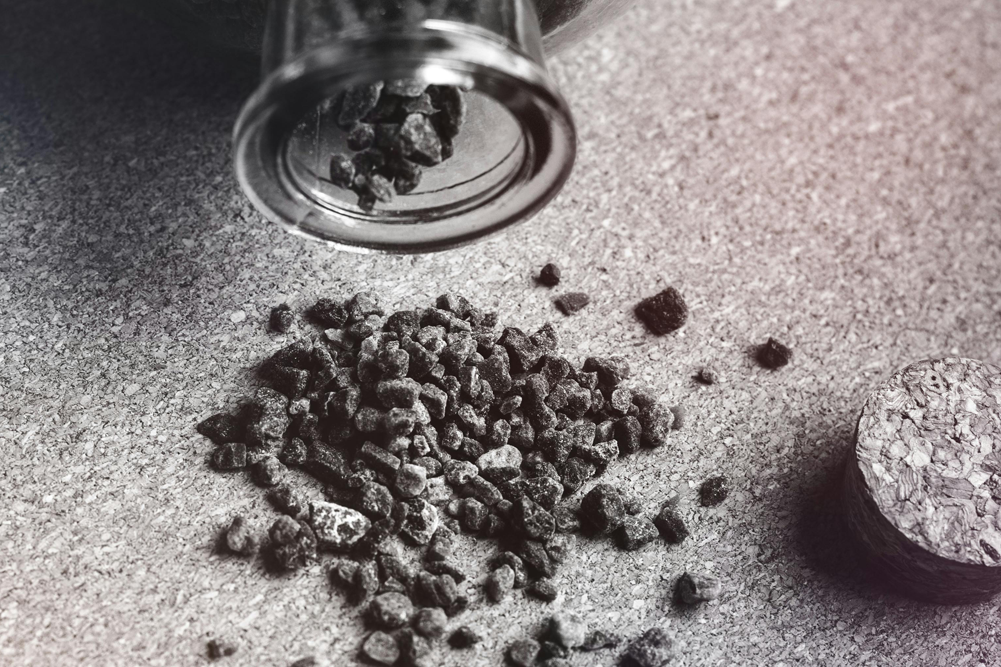The importance of sleep
Did you know that it is possible there is a link between not enough sleep and low immunity, increased risk of blood pressure, depression, heart attack, stroke, diabetes and overweight?
A number of sleep studies done all over the world show just how essential sleep is and corroborate the fact that many of us get way too little of it. Latest studies also show that sleeping more one day does not necessarily make up for the sleep you missed the day before, and that even after a short time your health begins to suffer.

Your health suffers because good health depends on our immunity and when you sleep less your immune system suffers. Scientists say we need a minimum of 7 hours a night to stay healthy and too much sleep – more than 9 hours a night can shorten your life.
More and more we are living in conditions where businesses open later and later and we work longer, with less time for leisure and sleep. Statistics show that, on average, we are deprived of about 2 weeks’ sleep a year.
Volitional chronic sleep deprivation is a lifestyle disorder and without enough sleep our memory, focus and concentration suffer. Studies done following the Exxon oil spill and the Chernobyl nuclear power plant disaster show what happens when key decisions are made by people who are tired.
Sleep is essential for every organ. The connection starts at the centre of the brain in the hypothalamus. This area affects hormone production and signals the body that it’s time to go to bed and to wake up, that it’s too hot or too cold, that blood pressure is too high or low, that digestion is off and that the immune system is not working properly. Needless to say, this is a very important centre.
Low immune system
Sleep affects the immune system, so it is important to rest if you have the flu or a cold. The immune response of people who are sleep deprived takes about 3 weeks to catch up, so just because you are up and about doesn’t mean you are 100 per cent better. Studies show that animals deprived of sleep die – not because they can’t focus but because their fur falls out and they lose weight.
The combination of our sedentary and indoor lifestyles, and associated deprivation of vitamin D, also lowers the immune system. Lack of light suppresses melatonin so oestrogen levels rise, and if you stay up late it confuses women’s circadian clocks so the cells don’t know properly when to divide. This was supported by a1991 study which showed that blind women were less likely to get breast cancer. Interesting? If the immune system is depressed, people are more open to other immune-type illnesses, like cancer.
Heart problems
At night the heart gets a rest. Blood pressure drops, so sleep is good for managing high blood pressure. People that sleep fewer than 6 hours a night risk having higher blood pressure.
Further to this, if people have apnoea (an obstructed airway causing the person to wake up and snore), they breathe harder and faster, causing the blood pressure and heart to increase. This means these people have a higher risk of heart attack and stroke.
Weight loss
A lack of sleep affects the central nervous system and inhibits activity of the pancreas, meaning it doesn’t produce enough insulin and affects your sugar levels.
A study as far back as 1999, by Eve Van Cauter from the University of Chicago, showed that just 6 days of 4 hours sleep each day almost made 11 healthy young males pre-diabetic. This opened up a new area in sleep study, proving the body becomes damaged from lack of sleep, not just the mind.
These subjects also had reduced levels of cortisol, which is a stress hormone and rises just before waking. This was equivalent to the level of their grandparents. It also showed that with enough lack of sleep there was greater incidence of the onset of the pot belly and larger bottoms which come in middle age.
They also had lower levels of growth hormone, because this is secreted during the night’s first round of deep sleep. As people age they spend less time in deep sleep so they get less growth hormone, which is important in the balance of fat and muscle.
A later study also showed that sleep deprivation led to an increase in appetite, specifically for high-carbohydrate food. This sets the scene for diabetes and obesity.
Since this study, it has been shown that sleep problems and weight go hand in hand. A study in August 2006 showed that women older than 16 years who slept, on average, less than 5 hours per night were almost 10 kilos heavier than those who slept an average of 7 hours a night.
Where to from here?
Part of the blame for not enough sleep is the lifestyle we lead. It takes ages in traffic to get to work, especially in spread-out cities, so we get up earlier and get home later. That doesn’t leave much for other things, and sleep tends to be the first to go. We spend more time watching television, on the Internet and partying. A recent study also found that the more time we spend in the car, the less we sleep, and many accidents are caused by early fatigue.
So what do we do about this? Look at the time you need to wake up in the morning. Count 7 hours back, add half an hour to prepare for bed and that is the time you need to go to bed. If it takes you longer than half an hour, you need to take this time into account.
If you have persistent problems falling asleep then try some meditation CDs to help you get in the mood. Long periods of sleep problems can be treated with proper diet as well as natural supplements, which you should consider as opposed to sleeping tablets, as these may be addictive and cut short your much-needed dream cycles.







